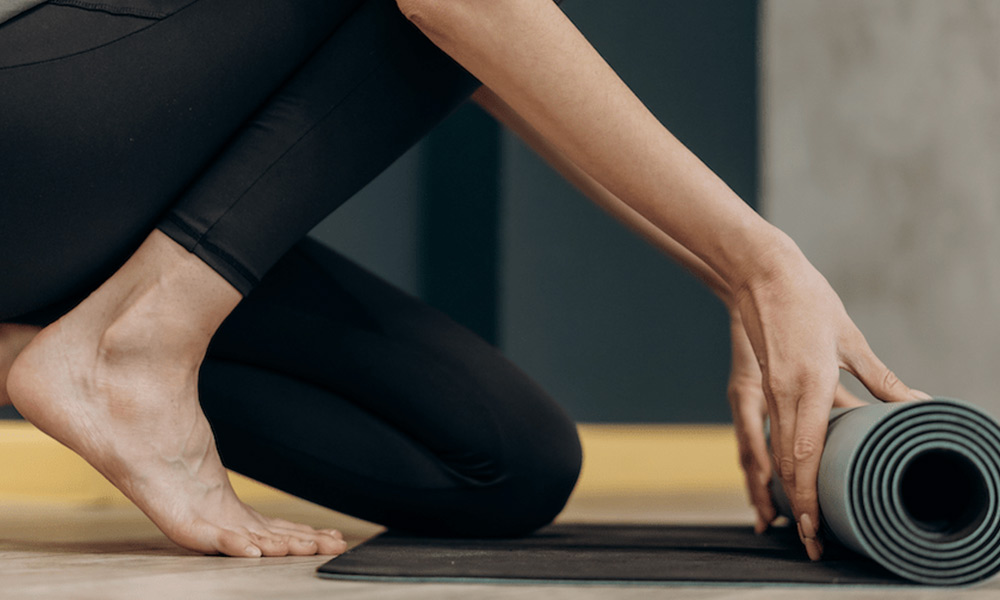Everyone’s journey after cancer treatment moves at a different pace. It can be easy to compare your progress with others, but it’s important to remember that physically noticeable results are not the only way to track your progression. Although exercising is primarily recognized for improving your physical health, it can positively impact your overall wellness, including your mental health. Below are three ways to measure progress without a scale.
Measure Your Heart Rate and Blood Pressure
While visible effects may not come automatically, other important internal factors can be measured. Consistently compare your heart rate (before, during, and after exercise) and blood pressure to keep track of accurate advancement—doing this can also help you keep track of your overall health, helping you to identify other lifestyle changes that you may need to focus on. Your resting heart rate could be associated with other health concerns, like cholesterol, stress, and breathing levels.
Logging your blood pressure assists you in tracking your likelihood of heart disease or stroke. Based on your results, you can take preventative measures to help avoid hypertension or hypotension, which will ultimately improve your overall long-term health and well-being. While blood pressure monitors with cuffs usually give the most accurate readings, Healthline suggests apps to help keep you on track if you don’t have the equipment on-hand at home. Though these aren’t externally evident outcomes, improving these numbers can be an incredible and beneficial assessment of success.
Write and Log in a Wellness Journal
Find a journal you like and record your workouts and thoughts at least once a day. Key categories can include your routines or a mood chart—a type of journaling where you log your emotions, like feeling irritated, motivated, angry, or relaxed. By doing this, you have an organized place for your dedication and consistency, reminding you that every step you take is significant.
Other categories can include:
- Time/distance
- Eating habits
- Physical measurements (waist, hips, thighs, or biceps)
- Flexibility advancement
- Hours of sleep
Set Personal Goals
Don’t get down on yourself if you’re not losing or gaining weight at the rate of someone else. One method to feel more confident about your progress is to set your own goals and focus primarily on those. If you’re having trouble with results that involve the scale or appearance, create alternate objectives that don’t rely on physical outcomes.
Ideas for alternate goals driven by a timeline:
- Create and implement a routine
- Reach X number of curls
- Exercise X number of days during the week
- Run X number of miles
- Touch your toes
- Walk X distance in X time
- Take a kickboxing class
- Squat X pounds
- Accomplish X reps
An exercise that has worked for someone else may not have the same effect on you. Don’t feel behind or embarrassed if you need to modify an existing exercise. (You can even work this in as a new goal!)
Remember, your remission is not a competition. Your body has been through tremendous adjustment, and you are here; you are a survivor, and that in itself is amazing.
Looking for more wellness guidance through your post-treatment?
If you need more guidance on staying motivated and reaching your goals, we are here and happy to help. Survivor Fitness works with cancer survivors to help them regain their health and wellness through one-on-one personal training and nutritional support. We walk alongside you to progress your post-treatment recovery, empowering you to take control of your healing journey. Connect with us today to learn more!


